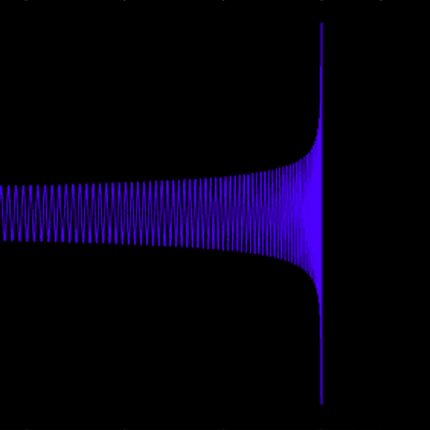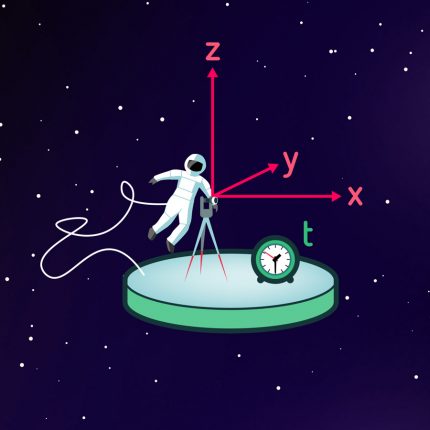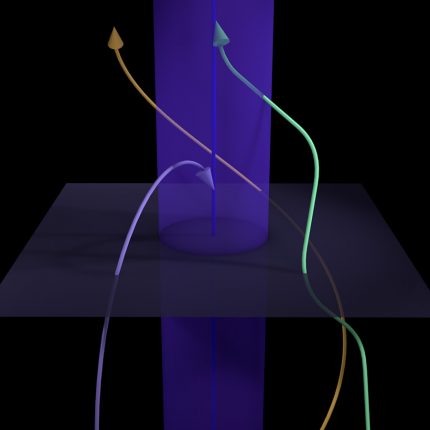The equivalence principle and the deflection of light
When Einstein developed his theory of general relativity, one starting point was the so-called equivalence principle. Roughly, it states that an observer in an elevator cannot tell whether he and the elevator are floating in space, far from all sources of ...
The elevator, the rocket, and gravity: the equivalence principle
By 1905, Albert Einstein had created a new framework for the laws of physics - his special theory of relativity. However, one facet of physics appeared to be incompatible with his new ideas: the gravitational force as described by Newton's law of gravity. ...
Waves, motion and frequency: the Doppler effect
The frequency of a wave-like signal - such as sound or light - depends on the movement of the sender and of the receiver. This is known as the . Some of its manifestations, we know from everyday life, such as a fire engine's siren abruptly changing pitch as ...
Chirping neutron stars
In a number of ways, the gravitational waves reaching us from astronomical objects are more similar to an orchestral sound than to a picture. For instance, the waves reaching us from a pair of orbiting neutron stars is no incoherent mix of many different ...
…that all coordinate systems are created equal
Does the Earth orbit around the sun - or is it the other way around? Or are both points of view equally valid? More generally: Are all observers on an equal footing, or are some observers privileged? And what does "privileged" mean, anyway? In order to ...
Changing places – space and time inside a black hole
Visualizing the geometry of familiar three-dimensional space, though admittedly with some additional assumptions that will seem contrived, it is possible to understand an important aspect of the way that a black hole isolates its interior from the rest of the ...
A tale of two big bangs
Whenever you hear or read about cosmology, there is one distinction you should have in the back of your mind - otherwise, matters might get a bit confusing: The term "big bang" has two slightly different meanings, and the answer to questions like "Did the big ...
Is the whole the sum of its parts?
Is the whole the sum of its parts? As far as simple physical quantities like mass and energy are concerned, the answer is a definite no. But, perhaps somewhat surprisingly, for those quantities, the whole is commonly less than the sum of its parts. The key to ...













